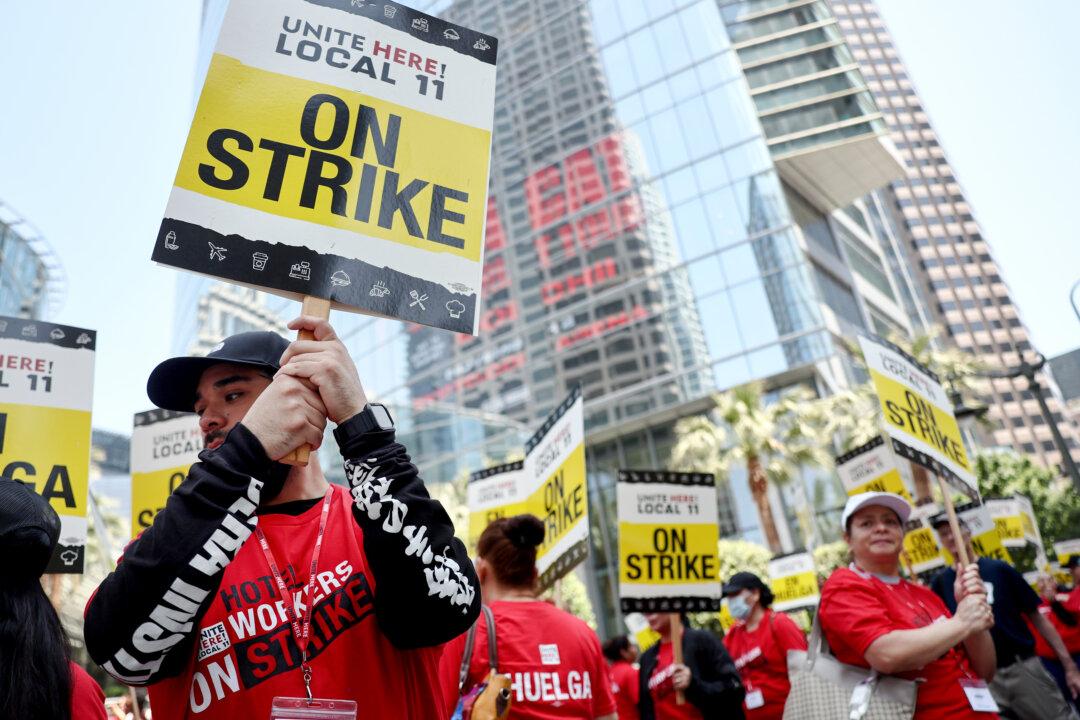Business groups in California filed a federal lawsuit on New Year’s Eve to challenge a new law that prohibits companies from firing or in any way disciplining workers who refuse to attend “captive audience” meetings, effectively undoing nearly 80 years of precedent protecting employer speech.
Senate Bill 399, which took effect on Jan. 1, adds section 1137 to the California Labor Code, prohibiting employers from taking any action against an employee who refuses to attend a meeting that addresses a company’s opinions on political or religious matters.





